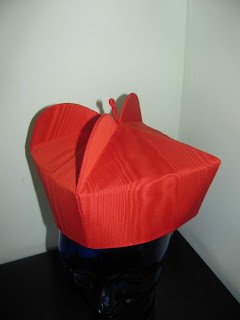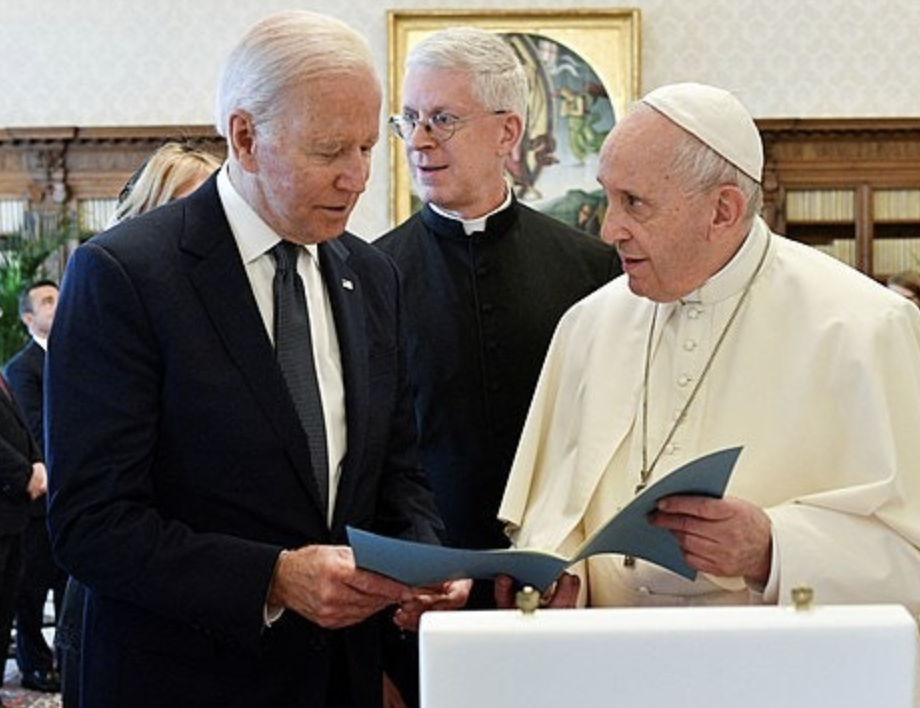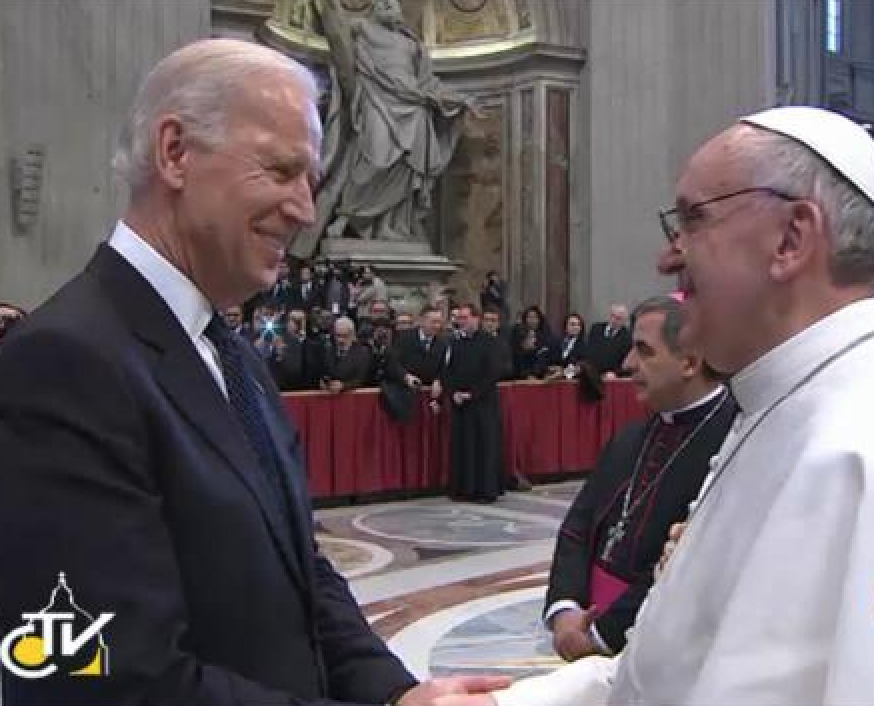The hellish relationship began with a kiss -- a strange exchange between a teen-ager preparing to become a Loyola sister and the Slovenian Jesuit who was already her confessor.
"The first time he kissed me on the mouth telling me that this was how he kissed the altar where he celebrated the Eucharist, because with me he could experience sex as an expression of God's love," said "Anna," in an interview with the Italian news agency Domini.
The young priest was Father Marko Ivan Rupnik, who was already an artist on the rise. His artistic skills brought him to the Vatican in the late 1990s, and his sacred art has been celebrated around the world. However, he has been accused of sexual and spiritual abuse of Slovenian nuns, such as "Anna," in the 1980s and '90s.
It was hard, said "Anna," to grasp the meaning of lingering hugs after confession, studies of erotic Kama Sutra art or Rupnik's request that she pose for paintings, including strategic manipulations of her clothing. This was the Jesuit guiding her spiritual life. He demanded absolute obedience, while absolving her sins.
What followed was years of abuse so bizarre that the Catholic news website The Pillar offered this warning above an English translation of the "Anna" transcript: "Graphic and disturbing content. Reader's discretion advised."
While the Catholic press has entered this minefield, "coverage of the Rupnik scandal in the mainstream media has been negligent to an astonishing degree," said Phil Lawler, who has spent more than three decades in diocesan and independent conservative Catholic publications.
"The fact that Rupnik remains a priest in good standing calls out for explanation, for which the mainstream media aren't asking," he added, reached by email.
The big question: Is the Rupnik case one of the scandals that "vaticanista" journalists have handled with a "delicacy" that was recently praised by Pope Francis?
In a first-ever group meeting with Vatican-accredited reporters, on January 22, Pope Francis praised them for avoiding "profane" and "political" molds in their work.






